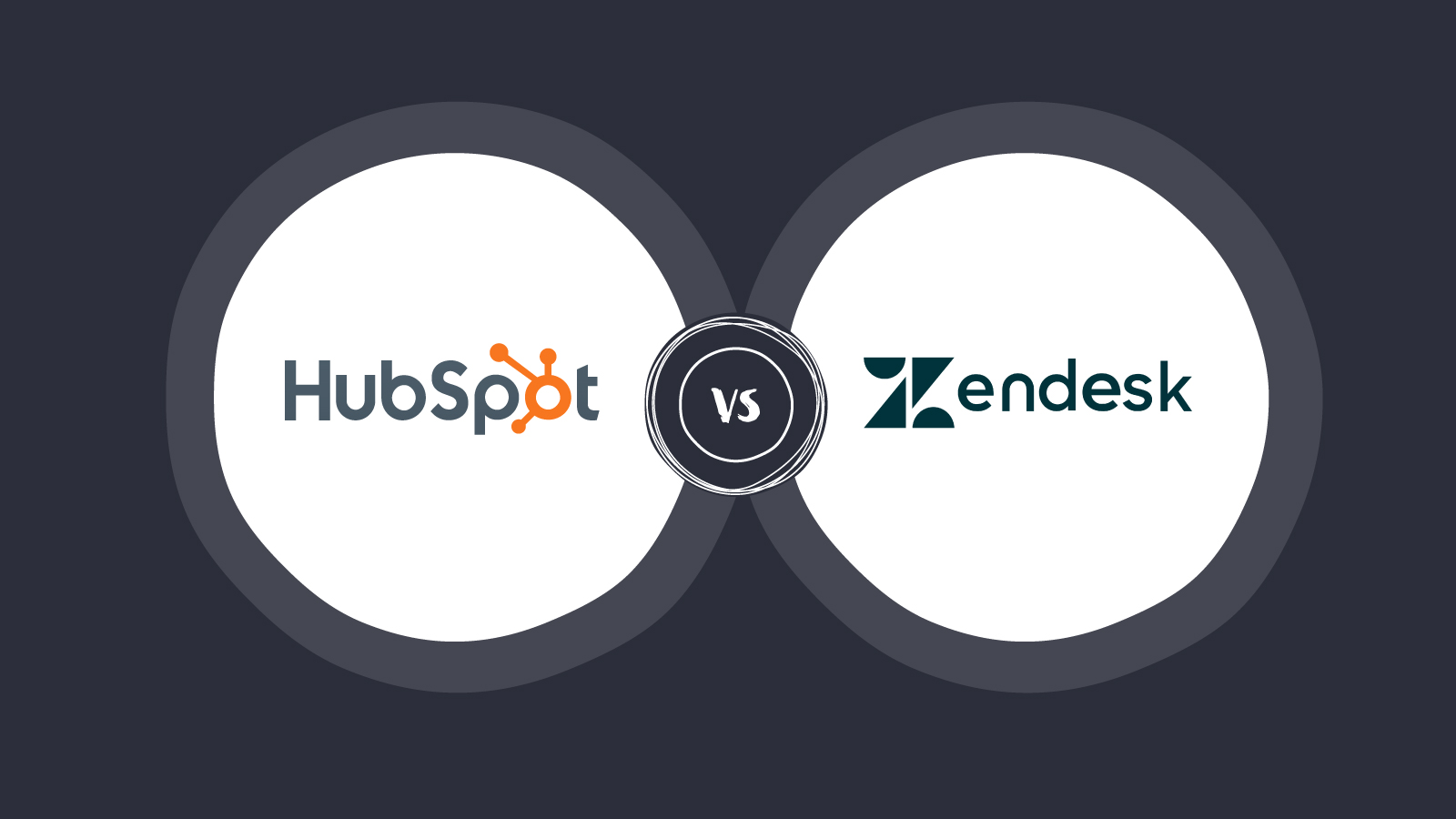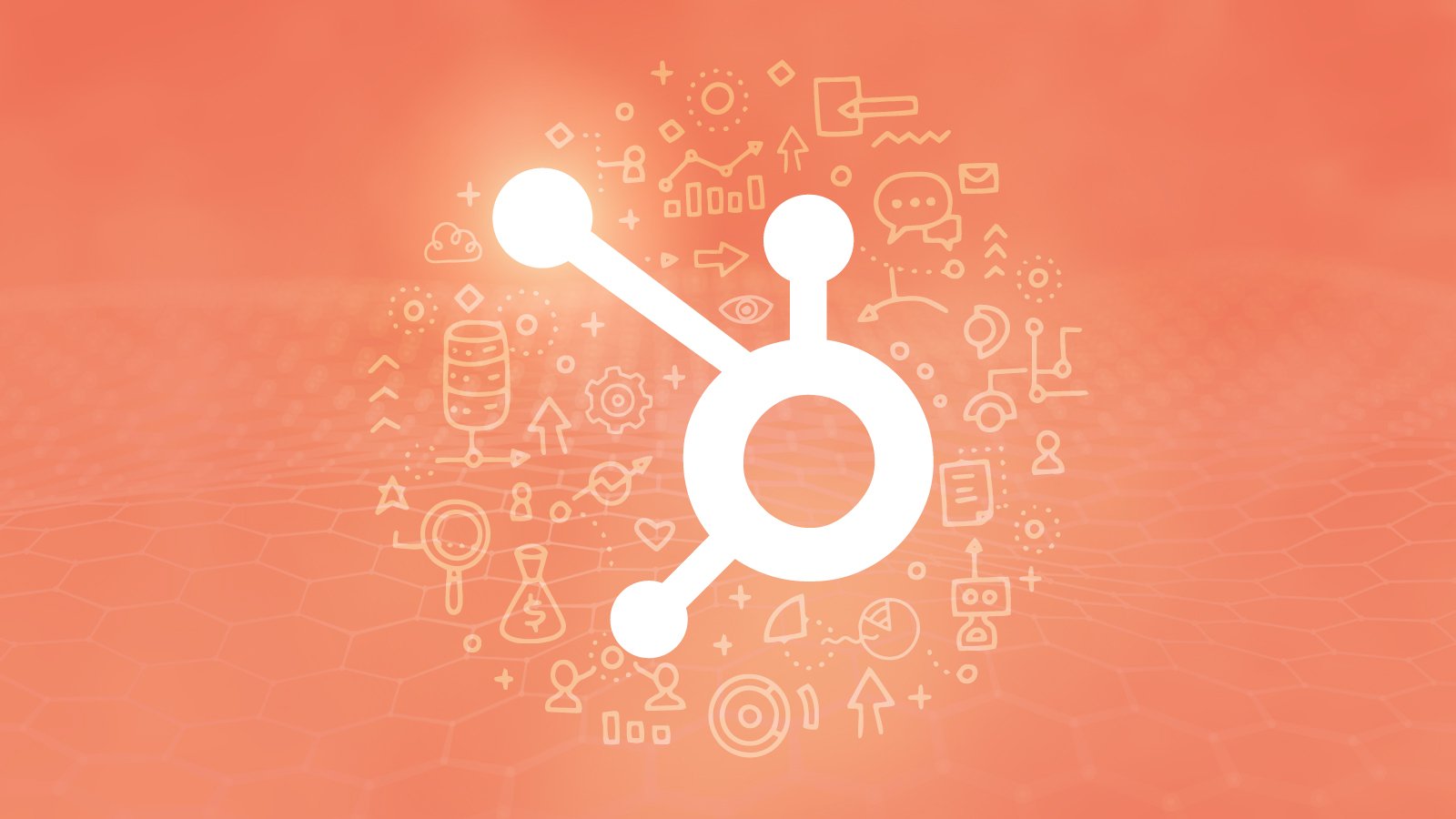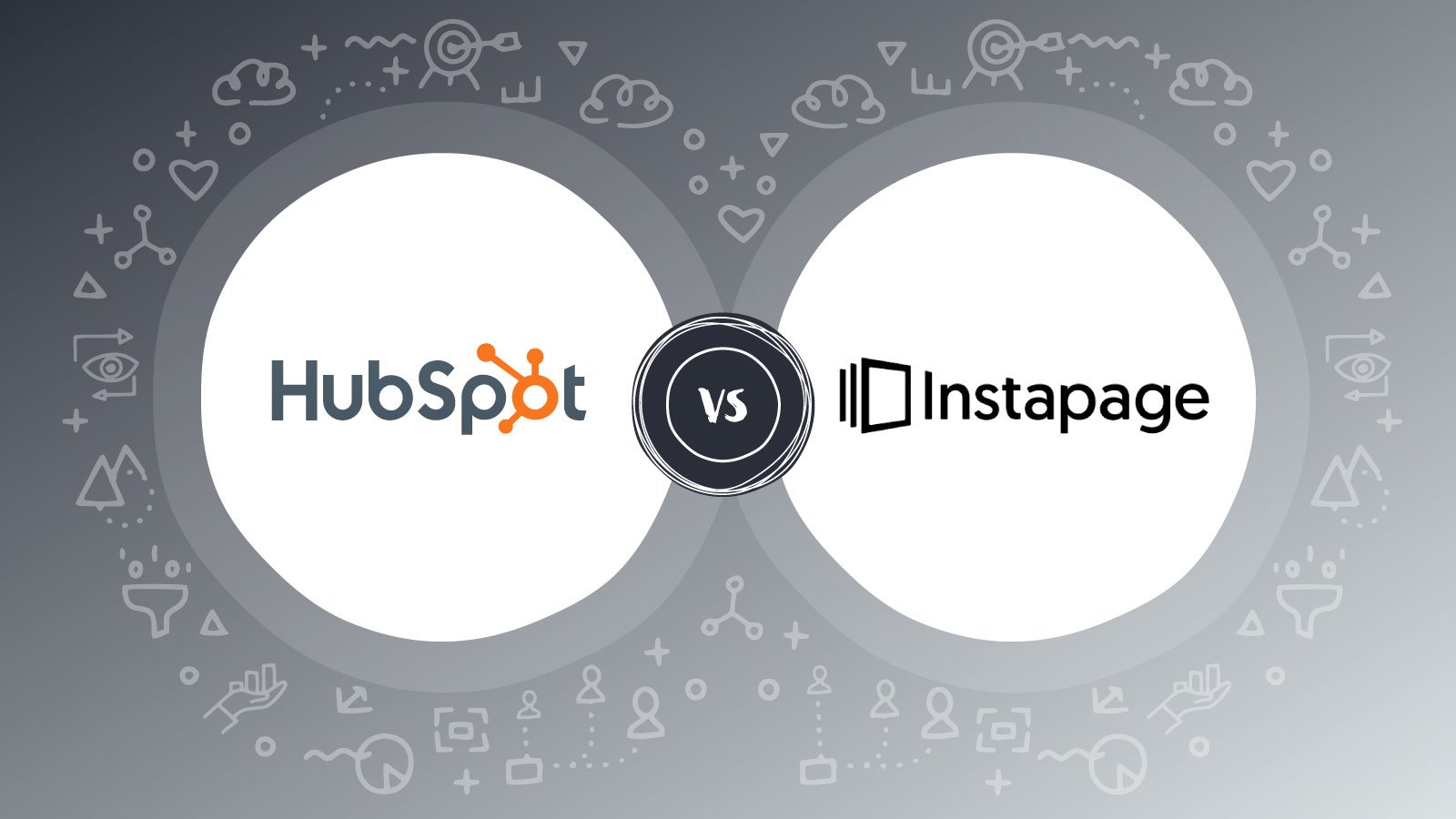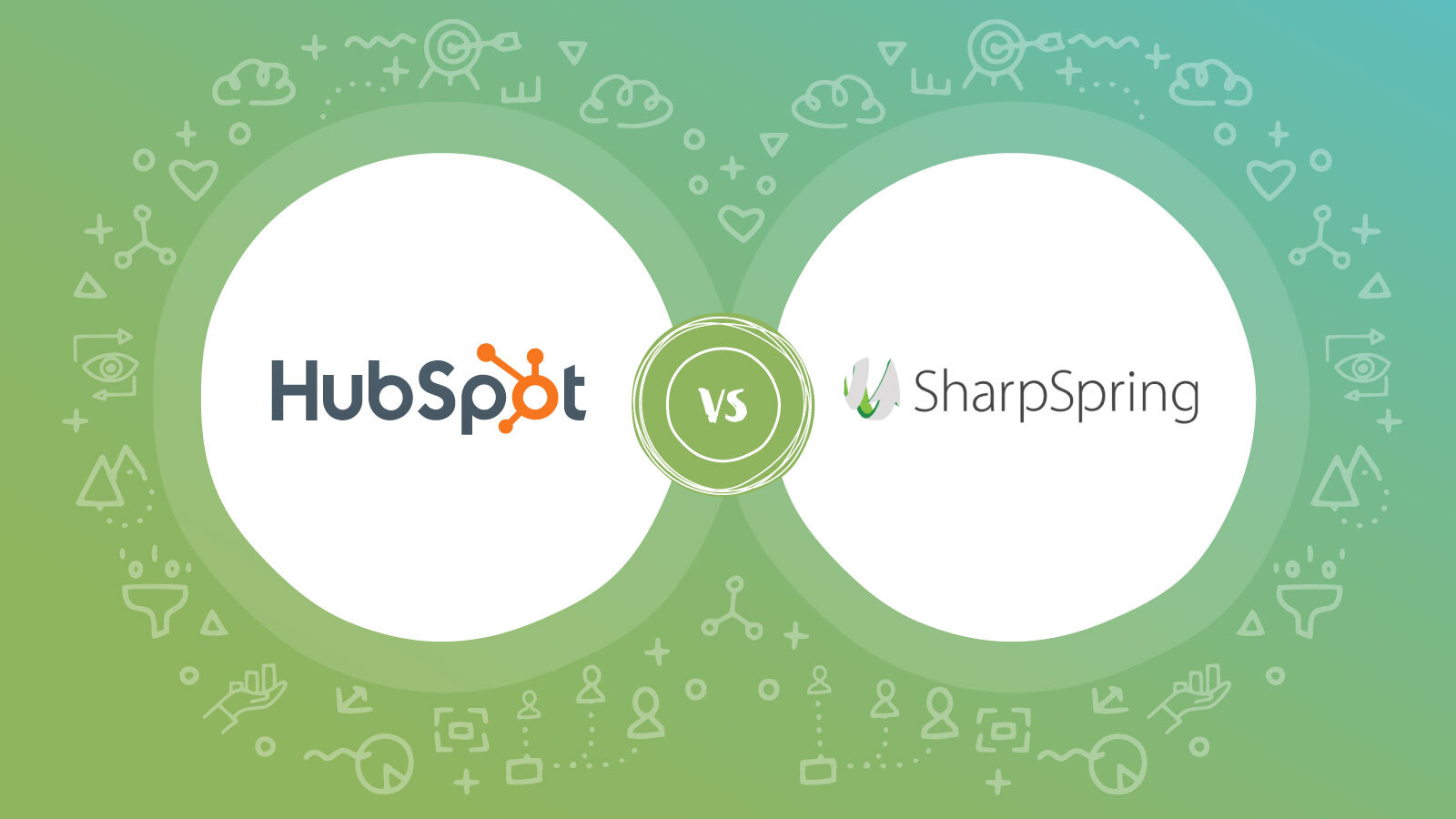Customer experience is revolutionising Customer Relationship Management (CRM) and proving that experience, not products, are the commodity of the future.
Customer service particularly can make or break a business, and it’s something every business should be taking seriously.
While the concept of customer experience has been around for as long as formal business has existed, the research being conducted on it is still fairly new. Every year, new studies reveal insights into important trends that are influencing businesses across the world.
Here are a few nuggets of wisdom from HubSpot and Zendesk to give you an idea of how important customer experience is today:
- The rapid move toward online engagement has reshaped what customers expect from service interactions, and 75% of customers will spend more to buy from a company that offers good customer experience.
- $1.6 trillion is lost each year due to poor customer service. So, while you may think that one angry customer doesn't make too much of a difference, this research shows how as churn rates rise, you miss out on opportunities to secure recurring revenue.
- Customers want it all. They’re flocking to social messaging and exploring new buying habits—changing their behaviour for good. 64% of customers started using a new customer service channel in 2020.
- 76% of customers expect companies to understand their needs. Understanding the customer's needs is a common challenge for many businesses and studies show that this will become a make-or-break benchmark for most companies. Companies are rapidly adding tools to help them scale their operations, personalize conversations, prioritize employees, and meet customers where they are. 75% of decision makers say COVID has accelerated adoption of digital tech.
- Customer-centric companies are 60% more profitable than companies that aren't. Customer-centric companies can leverage customer service as both an acquisition and retention tool. For example, if your company has good online reviews, you can promote them as a way to attract more leads.
These statistics show that no matter how good your product may be, customer service still trumps it. Quite simply, if you aren’t delivering on the customer service front, you’re doomed for failure. So what is the solution? HubSpot and Zendesk might well have the answer for you!
What does HubSpot offer?
HubSpot is an industry leading CRM platform that helps scaling businesses grow better with sales, service, marketing, content management, and operations software. It is designed to streamline businesses of any size and provide delightful customer experiences by bringing your team, tools, and data together in one place.
What is HubSpot’s Service Hub?
Built on HubSpot’s CRM platform, Service Hub delivers an efficient and end-to-end customer experience with tools for onboarding, support, and customer success.
What does Zendesk offer?
Zendesk is an industry leading CRM platform that provides solutions for sales and service teams, and that scales to meet the needs of any business. All customer interactions live in a single, dynamic interface with features like web widgets, pre-defined ticket responses, and a full customer history.
What are Zendesk Suite & Zendesk Support?
Zendesk was originally only a customer service platform before expanding into sales. Zendesk Suite and Support are their flagship customer service products. Zendesk Support focuses on help desk tools and Zendesk Suite focuses on omnichannel support and includes help desk tools.
HubSpot vs Zendesk - Which is better?
On your search for the perfect customer service solution for your business, it’s important to compare options to find the best fit. When stacked up against each other, both HubSpot and Zendesk are considered market leaders and offer a wide variety of innovative customer service features, so it can be difficult to choose one over the other.
However, let’s take a deeper look to see how they compare across some of the most critical customer service capabilities.
Features and Functionality
HubSpot’s robust set of core help desk and support features include productivity tools to support the onboarding process and reporting, surveying, ticket management, workflow configuration and contact scoring tools to facilitate retention, cross-selling and upselling.
HubSpot’s CRM platform, on which Service Hub is available, is built entirely by HubSpot with software for service, sales, marketing, web, and operations teams, plus hundreds of integrations. The platform’s streamlined flexibility and ease-of-use provide a comprehensive view of the customer journey combined with seamless connections between marketing, sales, and service teams.
Notably, SoftwareReviews recognised Service Hub as a leader and gold medalist in its 2021 Customer Service Management Report, based on input from HubSpot users.
Zendesk is widely known as the go-to help desk software because of its flagship features focused on a comprehensive set of tools for customer support agents. These features include SLA management, customizable ticket layouts that are needed by advanced support teams, call centre management and social media integration, among others. Tools specifically for customer onboarding, retention, and growth, however, are not available.
One G2 reviewer writes: “Zendesk seems to have all the bases covered with their solution. I mean, tons of big names use them. But when it comes to smaller businesses, they don't seem to have the onboarding needed to ensure success with their product for day one, and that is why I can't recommend them.”
Zendesk Sunshine is the CRM platform that brings together Zendesk Sell (sales product) and Zendesk Suite (service product). Although not built entirely in-house by Zendesk, the platform does provide developers and admin the tools needed to build and integrate software that facilitates great customer experiences.
User Experience
HubSpot is known for its ease-of-use and intuitive user interface, making it one of the simplest solutions on which to get up and running in a flash.
With Service Hub’s Professional and Enterprise tiers, customers have access to knowledge base software that offers multilingual and SSO capabilities. Articles in the knowledge base are designed to make it easy for customers to find the information they need so your team can spend less time answering common questions, and more time helping customers succeed. The articles are ranked to perform well in search, and HubSpot’s built-in reporting dashboards measure the impact of each page for improvement over time.
One G2 reviewer writes: “What I find most helpful is having access to all tools HubSpot provides in one place. In just a few clicks, I can navigate from Tickets to Dashboards and Reports or work on the company Knowledge Base. Customer service is always very helpful, fast, and uses out-of-the-box thinking to find solutions to problems that might occur.”
Zendesk also has an intuitive user interface that many reviewers rate as easy to use. Zendesk Suite offers knowledge base functionality in each of its tiers, allowing for multiple knowledge bases in its Growth, Professional, and Enterprise tiers.
Customisation and Integrations
In line with HubSpot’s dedication to ease-of-use, the Service Hub makes it easy to customise objects, records, surveys, dashboards and more in the higher tiers of the product, without unnecessary complexity. All of HubSpot’s products have been built in-house from the ground up, coupled with a thriving ecosystem of integrations and a flexible data structure that enables you to stay agile as you scale.
HubSpot has successfully identified the best-in-class customer service applications to improve customer experience with over 100 applications on offer that are solely dedicated to service. The most installed customer service applications are Facebook Messenger, SurveyMonkey, and Intercom.
Furthermore, HubSpot’s expansive ecosystem of over 5,000 partners are at hand to help businesses with more complex customisations and integrations.
While Zendesk is highly customisable in its higher tiers, the added complexity increases the effort required to manage business processes and the system as a whole. These more complex customisations are suited for larger enterprises who have the resources for technical setup, training and maintenance, and those who don’t require as much visibility into the sales and marketing process that HubSpot provides. Zendesk also has a more limited partner ecosystem of only 300 partners to assist with particularly complex configurations.
Even though Zendesk offers over 1,200 applications in its app directory, many of them are not dedicated directly to customer experience in terms of sales and chat features. In fact, fewer than 100 are available for these purposes specifically.
Customer Support
HubSpot consistently goes the extra mile to provide world-class customer support and self-help resources, including HubSpot Academy - ranked one of the top online learning platforms in the world.
Reviewers consistently rank HubSpot as providing superior customer support compared to most other solutions on the market. For example, While both HubSpot and Zendesk have strong support and success programs, HubSpot consistently beat Zendesk on “Quality of Support” and “Ease of Doing Business With” rankings from G2 reviewers. As of June 2021, HubSpot scored 8.9/10 for “Quality of Support” and 8.9/10 for “Ease of Doing Business With” whereas Zendesk scored 8.4/10 in both categories.
One Capterra reviewer writes of Zendesk’s support: “Their customer service was really poor. They had a £600 recurring subscription enabled on sign up and would not even entertain cancelling this down when we were a day into the recurring payment.”
Pricing
List prices for HubSpot’s Service Hub and Zendesk are comparable, and largely depend on configuration complexity.
Monthly subscriptions for both solutions are as follows:
- HubSpot’s Service Hub Professional: $80 per agent per month, starting with 5 agents for $400 per month
- Zendesk Suite: $79 per agent per month
Both HubSpot and Zendesk offer access to free non-agent users, although HubSpot offers unlimited free users and Zendesk limits the number of free users per tier.
Ready to decide?
Based on customer reviews, Capterra.com gives some insight into how the two solutions compare to help you make a more-informed decision:
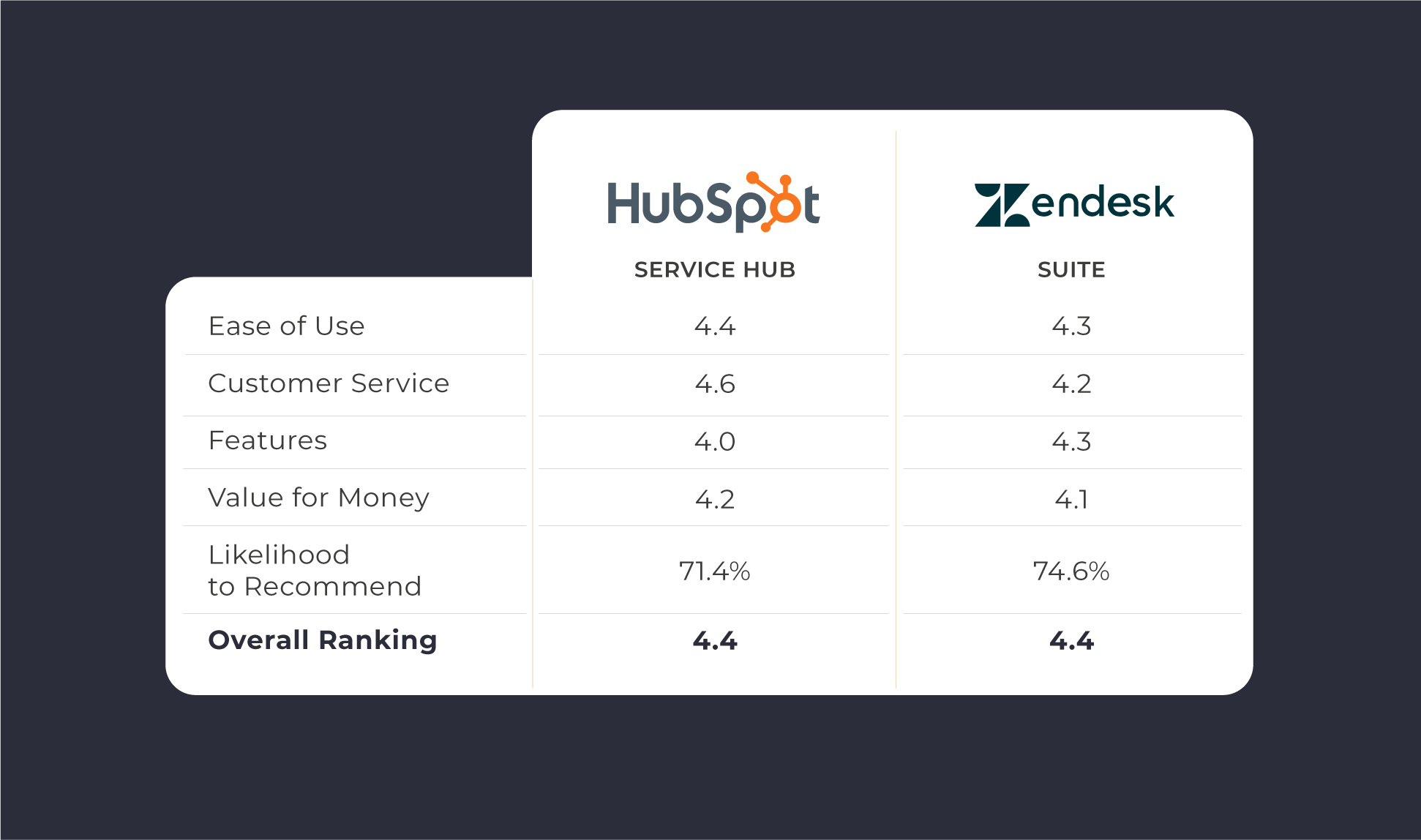
HubSpot and Zendesk are indeed competing on similar levels of functionality and both have strong reputations in the customer service software market. Making a decision might be hard, and will essentially come down to your specific needs as a business. If you’re a large enterprise with existing technical resources and you’re looking for a complex configuration for customer support, and don’t mind sacrificing visibility into sales and marketing activity, Zendesk is likely to check all your boxes. If you’re looking for an all-in-one sales, marketing and service solution with superior customer support and ease of use, HubSpot is right for you.
Looking for more guidance on your digital marketing? Our team is here to help, so contact us today!

